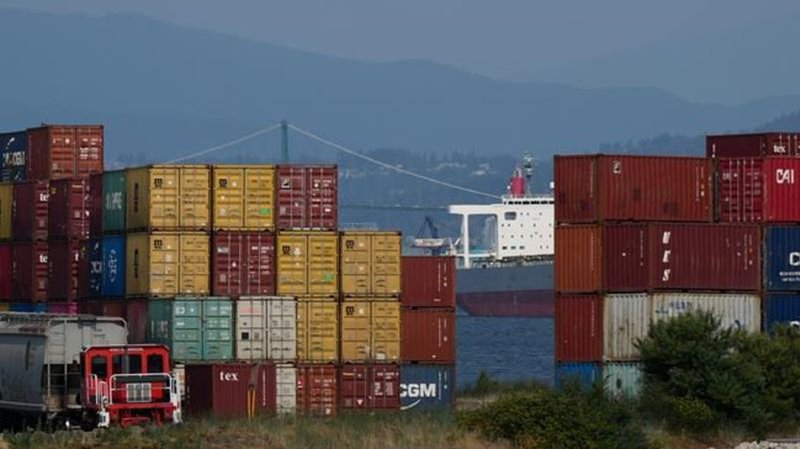
In the news today: Still no resolution in B.C. port strike
Here is a roundup of stories from The Canadian Press designed to bring you up to speed on what you need to know today…
B.C. port strike enters fifth day
Both sides in the B.C. port workers’ strike agree on one thing — they are deadlocked over maintenance work.
More than 7,000 workers at 30 ports across British Columbia have been on strike since Saturday morning.


